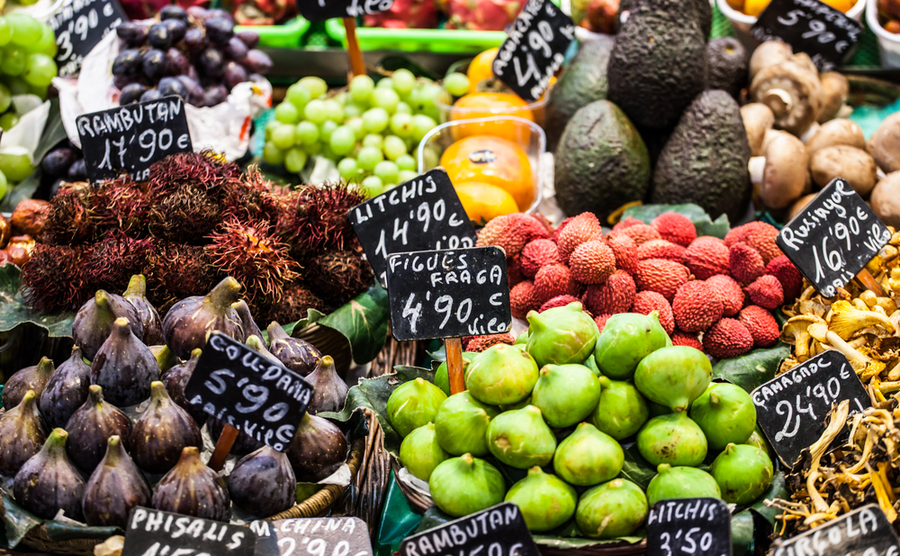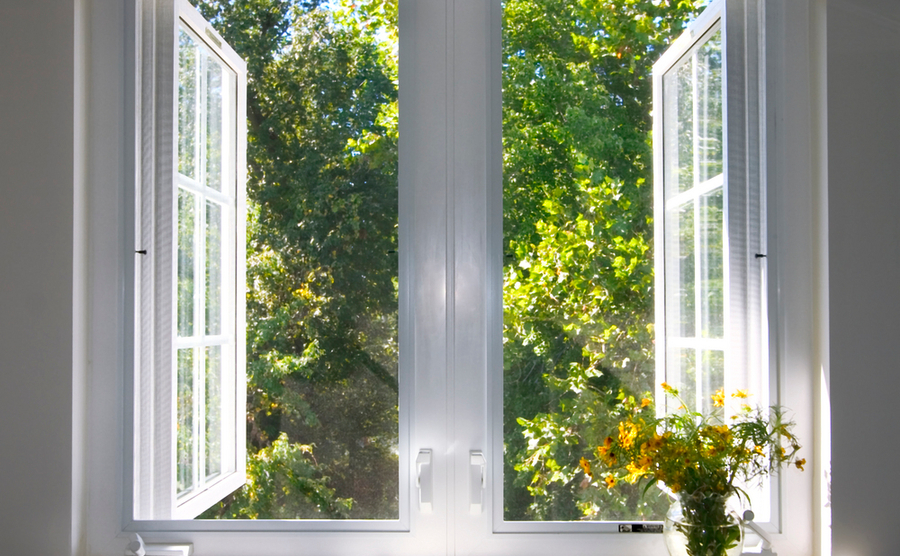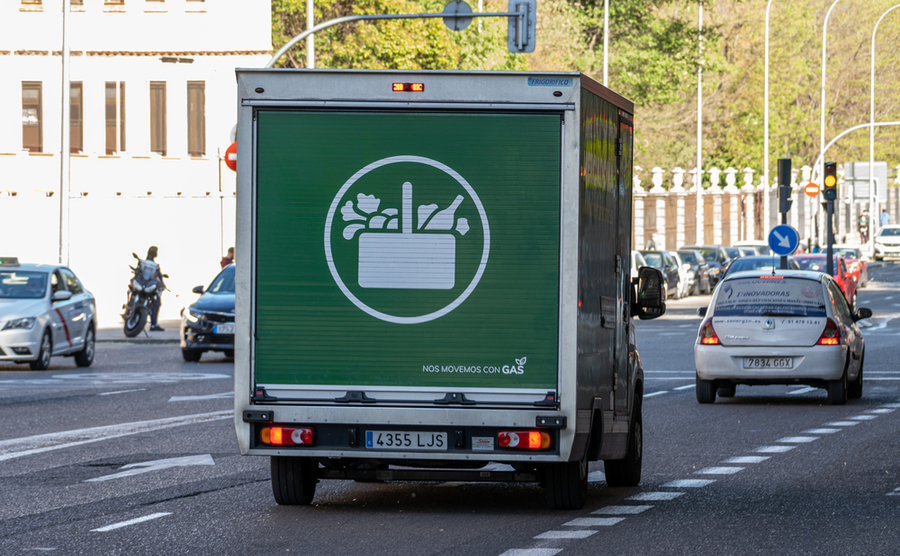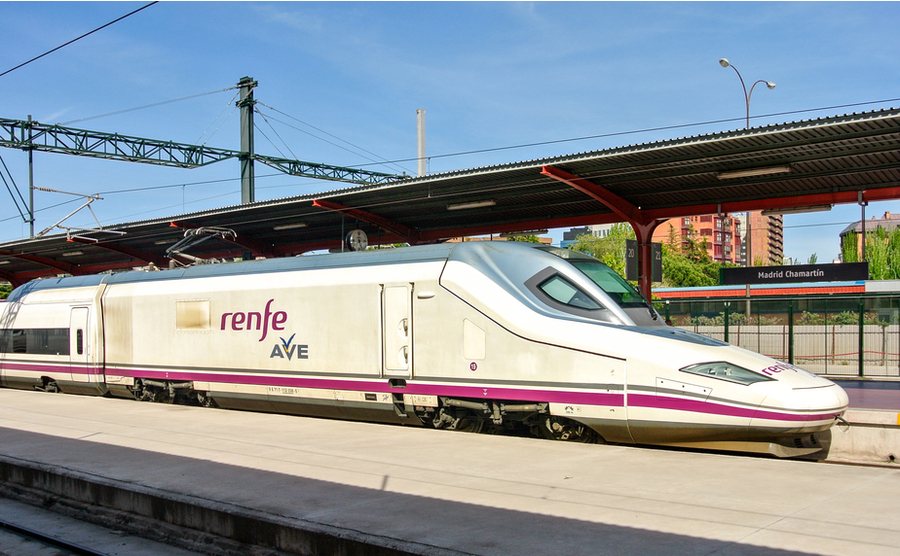While Spain ranks highly for affordability in Europe, it hasn’t escaped the rising prices brought about by the coronavirus pandemic and ongoing crisis in Ukraine. In this article, we share some top tips on how to not only survive, but also thrive, during the rising cost of living in Spain.
Inflation in Spain recently hit 8.7% in May, up from 8.3% in April and the highest figure since the 1980s. Soaring energy and food prices are the main contributors to this rise, with fuel prices increasing by 15% year-on-year and food prices at their highest level in 28 years.
However, if you take the volatile energy and food prices out of the equation, Spanish inflation is actually closer to 4.9%, up from 4.4% in April. So, while the core inflation figure is lower, it’s clear that day-to-day life in Spain is getting more expensive. The good news? Measures are being put in place to bring prices down.

Food prices in Spain are at their highest level in 28 years.
Firstly, the European Central Bank (the central bank for the eurozone) has recently announced that it will be raising interest rates in July by 0.25%. This will bring the eurozone’s interest rate from 0% to 0.25% and will be the first interest hike in the eurozone for over a decade. The intention behind this is to encourage saving and discourage borrowing – if fewer people are spending, this will ultimately bring inflation down.
In addition, Spain and Portugal recently struck a deal with Brussels whereby the price of gas is capped for 12 months, at €40 for the first 6 months and €48 for the next 6 months, lowering the price to the consumer and the cost to electricity companies.
The Spanish government has also taken measures to help with the rising cost of petrol and diesel. In a deal with the suppliers, the forecourt price of large companies is lowered by 20 cents and for smaller suppliers by 15 cents. It is costing the Spanish government €1.4 billion but is seen as vital to keep deliveries going around the country. The reduction is not indicated on the forecourt but is when you pay.
Find homes in Spain via our property portal.
How can you live more cheaply in Spain?
Be more energy efficient at home
The summer months bring some relief for electricity bills, though many people have air conditioning which can push up the monthly charge. Ideally, only put it on when absolutely necessary. You can keep cool inside in other ways:
- Create a draught by opening windows (with shutters down when it is very hot)
- Use the BBQ or Plancha instead of the oven
- Take cool showers
- Eat light food such as cold soups, salads, fruit etc

Create a draught by opening windows (with shutters down when it is very hot)
Make sure to be savvy with your other household energy use.
- Switch off lights in rooms not being used
- Dishwashers use less water and electricity than hand washing dishes. They should be full before switching on.
- Similarly, washing machines should be full when in use, preferably set at 30º
Shop smart at the supermarket
At the supermarket is where I have noticed the biggest rise in the cost of living in Spain. Prices vary from store to store, but in a recent survey, Carrefour and Mercadona have increased prices the most, but are still among the cheapest, with Alcampo being the cheapest overall.
You might have to visit two or three supermarkets to get the best prices, as each will have offers on different items. Oils, including olive oil, are now becoming a luxury item. Today I paid €4 for a litre of 4º olive oil for cooking, up from €3.34 the last time I bought a bottle. So how can you save money on food in Spain?
- Use own brands. Mercadona is particularly good for this, and in Catalonia, Bonpreu/Esclat offers good quality under their own label. Carrefour claims that its own labels will save you 40% on branded goods.
- Only buy what you need. There’s always the temptation to stock up in case visitors arrive, but it means that fresh produce is wasted if not eaten quickly and you’ll have a cupboard or freezer full of items that you may or may not use. Markets are helpful as you could buy just one tomato or apple if that’s what you need. Be aware though, that the prices in markets have also risen.
- Consider shopping more often. Little and often can save money.

Consider getting your shopping delivered to save on petrol costs
- Resist offers. Buying three of something when you just need one, is an unnecessary expenditure.
- Get a loyalty card. Most supermarkets and other stores offer customers loyalty cards. The rewards vary but some will give you money back (the best choice!), others have special offers for customers with the card and yet others give you points which can be exchanged for goods. Carrefour has a card for the over 60s which reduces the cost of fresh food items.
- Consider getting things delivered. Spanish supermarkets will generally offer a delivery service which may be cheaper than driving to the store. There is usually a minimum spend but it could still be advantageous.
- Shop online. Personally, I prefer to use my local shops and supermarkets, but there are occasions when shopping online can save money. Hard-to-come-by grocery items are often available on sites such as Amazon or get Google shopping (Spain) on your computer and it will show a range of prices for the same item.
Make use of the menú del día
Luckily, you can still find the typical menú del día in Spain, though the cost of that has also risen, now an average of €12 to €15. It’s still good value as it includes three courses, bread and a glass of wine (or more). A beer or a glass of wine remains affordable compared to the UK, usually costing €2.50 upwards. You will pay more if you sit on a café terrace than inside.
Take public transport
Public transport in Spain is still cheap, especially compared to Britain. RENFE, the largest train company, has various cards which offer reductions. The tarjeta dorada for the over 60s gives up to 40% off journeys. Also check the newer train services, such as OUIGO, which compete favourably for the Madrid/Barcelona route and will soon operate others. RENFE has a budget train called the AVLO, so check those prices too.

RENFE, the largest train company, has various cards which offer reductions.
Shop locally
Finally, I suggest that you shop locally. We must support the smaller, independent shops or they will disappear. Covid has already seen many close permanently. I use a local butcher which is no more expensive than a supermarket butchery, a local chemist, a local computer and mobile phone shop, a local white goods shop and a local delicatessen. I might pay a few cents more for some things, but I get personal service, immediate help if anything goes wrong and a smile. These are priceless.











